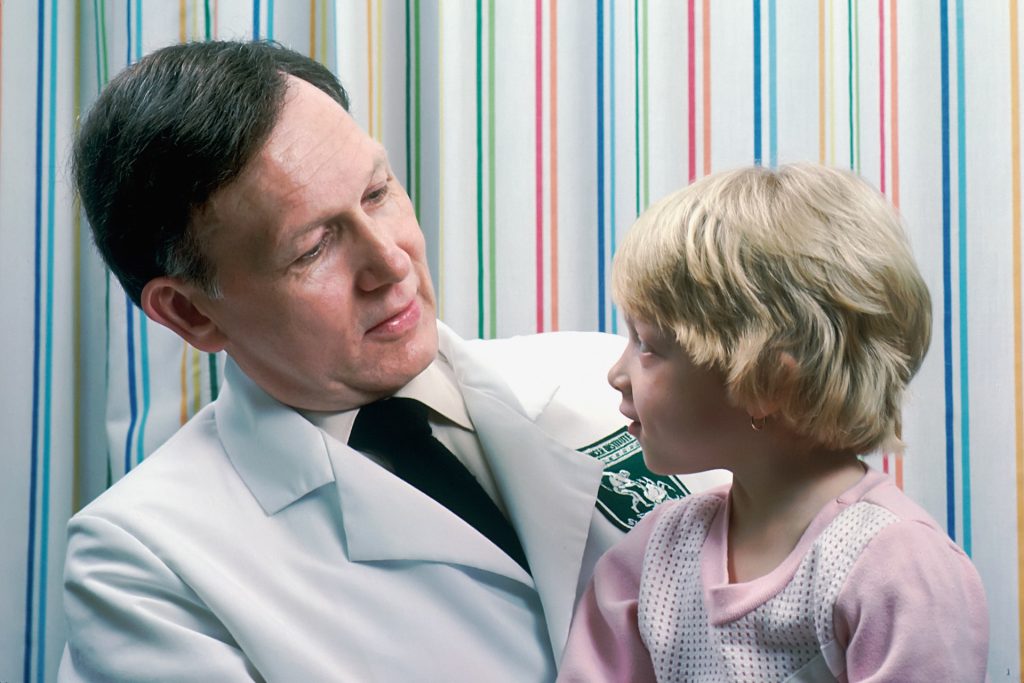Social Media Breaks Relieve Mental Health and Free up Time

Advising people to take a week-long social media break could lead to significant improvements in their wellbeing, depression and anxiety and could become a recommended part of maintaining mental health, according to the authors of a study published in Cyberpsychology, Behavior and Social Networking.
University of Bath researchers studied the mental health effects of a week-long social media break. Some participants were able to free up 9 hours a week of time otherwise spent scrolling Instagram, Facebook, Twitter and TikTok.
Their results suggest that just one week off social media improved individuals’ overall level of well-being, as well as reduced symptoms of depression and anxiety.
For the study, the researchers randomly allocated 154 individuals aged 18 to 72 who used social media every day into either an intervention group, where they were asked to stop using all social media for one-week or a control group, where they could continue scrolling as normal. At the beginning of the study, baseline scores for anxiety, depression and wellbeing were taken.
At the start of the study, average time spend on social media was 8 hours per week. After one week, the participants who were asked to take the one-week break had significant improvements in wellbeing, depression, and anxiety than those who continued to use social media, suggesting a short-term benefit.
Participants asked to take a one-week break reported using social media for an average of 21 minutes’ use compared to seven hours for the control group, with screen usage stats used to confirm adherence to the break. Lead researcher from Bath’s Department for Health, Dr Jeff Lambert explained: “Scrolling social media is so ubiquitous that many of us do it almost without thinking from the moment we wake up to when we close our eyes at night.
“We know that social media usage is huge and that there are increasing concerns about its mental health effects, so with this study, we wanted to see whether simply asking people to take a week’s break could yield mental health benefits.
“Many of our participants reported positive effects from being off social media with improved mood and less anxiety overall. This suggests that even just a small break can have an impact.
“Of course, social media is a part of life and for many people, it’s an indispensable part of who they are and how they interact with others. But if you are spending hours each week scrolling and you feel it is negatively impacting you, it could be worth cutting down on your usage to see if it helps.”
The team’s next steps include investigating short breaks in different populations (eg younger people) and to increase follow up time. If benefits persist, they speculate that this could help in mental health management.
Over the past 15 years, social media has undergone explosive growth. In the UK the number of adults using social media increased from 45% in 2011 to 71% in 2021. As many as 97% of 16 to 44-year-olds use social media, with scrolling being most frequent online activity.
Feeling ‘low’ and losing pleasure are core characteristics of depression, whereas anxiety is characterised by excessive and out of control worry. Wellbeing refers to an individual’s level of positive affect, life satisfaction and sense of purpose. According to the UK mental health organisation Mind, one in six people experience a common mental health problem like anxiety and depression in any given week.
Source: University of Bath





